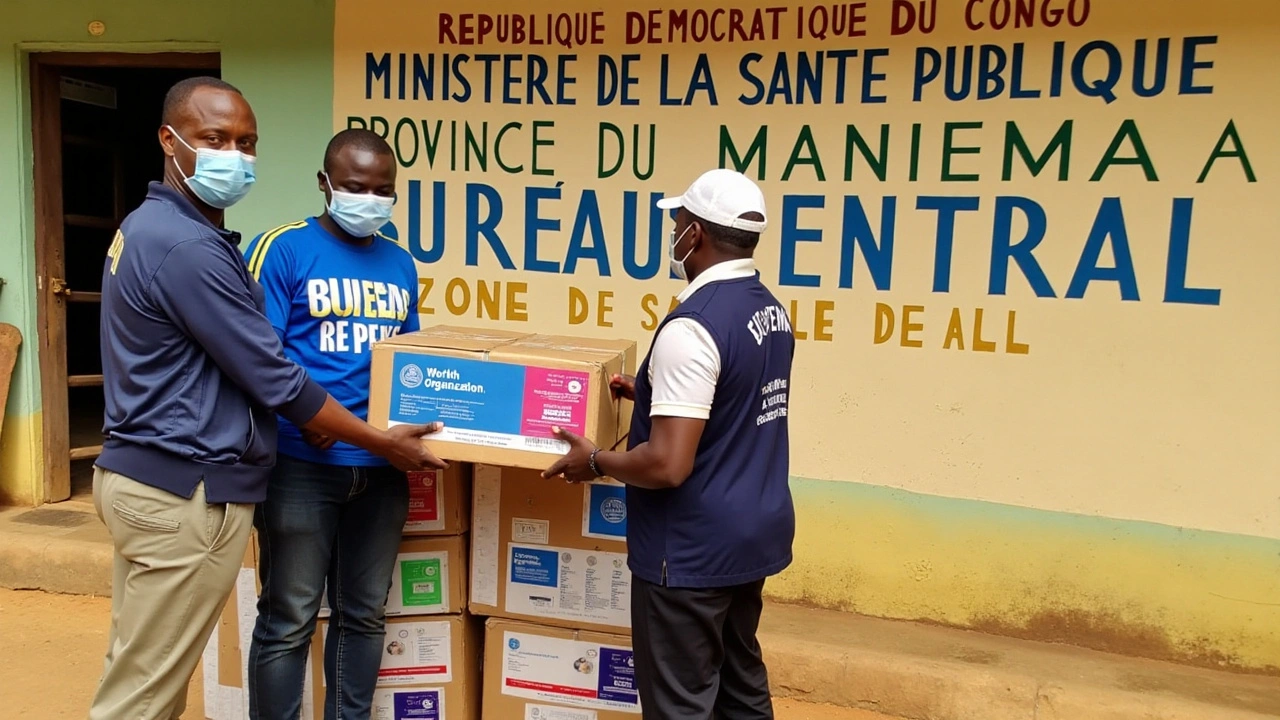Public health emergency: what it means and what to do
A public health emergency can change life fast — schools close, borders tighten and hospitals fill up. When officials use this label they mean a disease or event is spreading quickly or causing serious harm and needs urgent action.
How officials decide
Health authorities look at how many people are sick, how fast the illness spreads, how severe it is and whether normal services can cope. National ministries, regional health bodies and the World Health Organization can all declare emergencies. Declarations trigger extra funding, emergency plans, travel or trade measures and wider testing or vaccination campaigns.
Examples in Africa include Ebola outbreaks, large cholera waves after floods and the Covid-19 pandemic. Each event had different rules: Ebola needed intensive contact tracing, cholera needed clean water and Covid-19 brought mask guidance, mass testing and vaccines.
What you can do now
Stay informed from official sources like your health ministry, WHO African Region and local clinics. Share updates only from trusted outlets to avoid panic. Keep basic supplies at home for a few days: water, non-perishable food, any regular medicines and a charged phone. Learn simple hygiene steps — wash hands, cover coughs and isolate when sick.
If vaccines or treatments are available, get them. Vaccination protects you and people around you. If your work or family includes older adults, newborns or people with weak immune systems, plan how to reduce their exposure during an outbreak.
Community action matters. Help neighbours who can’t leave home, support local clinics and follow public health advice about gatherings. If authorities set up testing, reporting or quarantine centres, cooperate. Quick local responses stop spread and reduce pressure on hospitals.
Public health emergencies can strain mental health. Expect stress, sleep problems or worry for family. Keep routines where possible, limit constant news scrolling, and check on friends. If you have a history of anxiety or depression, talk to a health worker early and ask about telehealth options. Schools and workplaces should plan mental health support and clear policies for sick leave. Local community groups often run help lines or counselling services — find their contacts through your clinic. Simple breathing exercises, short walks and staying connected with neighbors make a big difference when things get tense. Seek help early.
Watch for warning signs: sudden rises in severe illness, many people with similar symptoms, or official advice to avoid certain areas. Don’t rely on rumours. If you see concerning clusters of sickness, report them to local health officials so outbreaks get noticed early.
Businesses and schools should prepare simple plans: know who to call, how to switch to remote options and how to protect staff and students. Clear communication keeps people calm and helps services keep working.
Every country and community reacts differently, but the basics are the same: fast detection, honest communication and practical steps to protect people. Being ready doesn’t mean living in fear — it means acting smart, keeping informed and looking out for one another.
